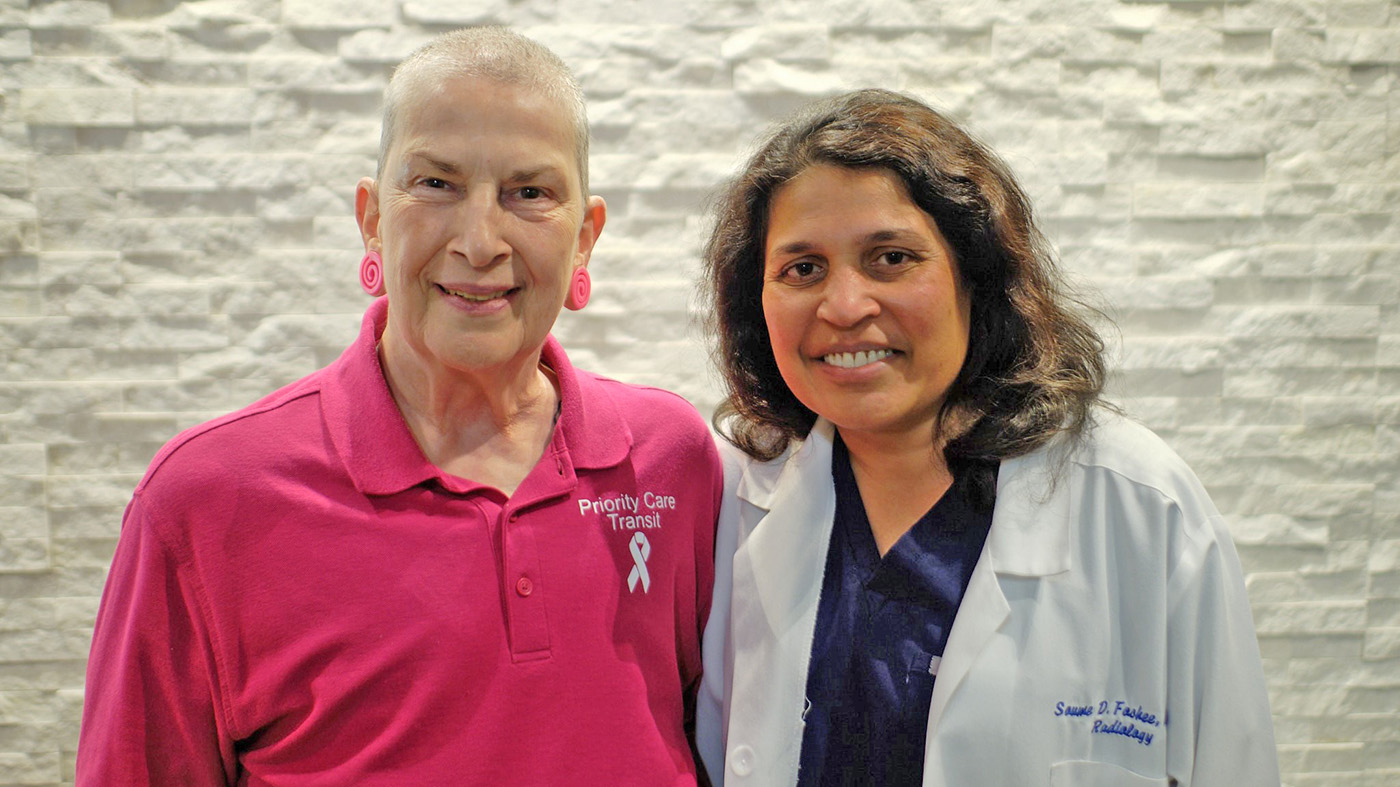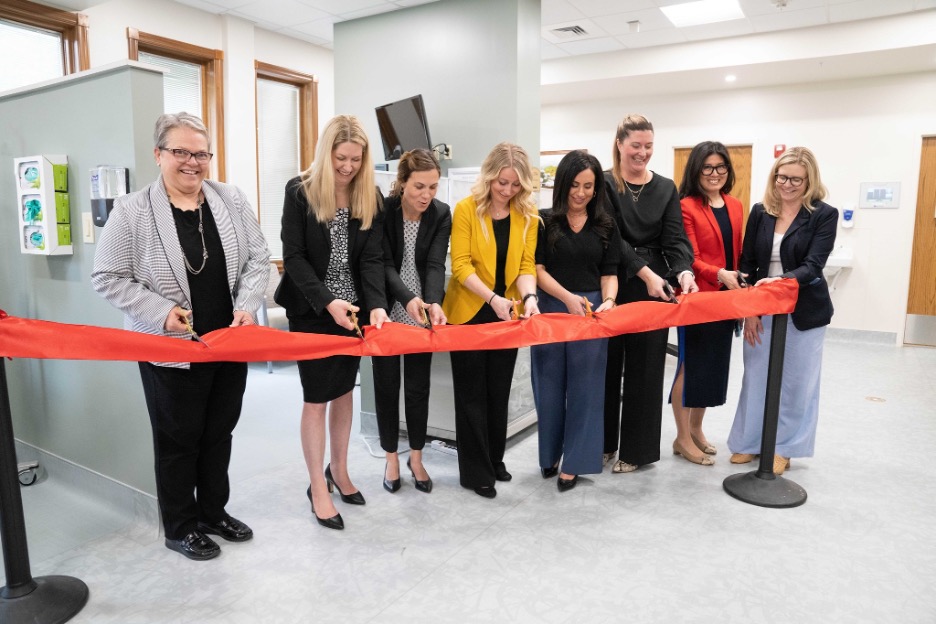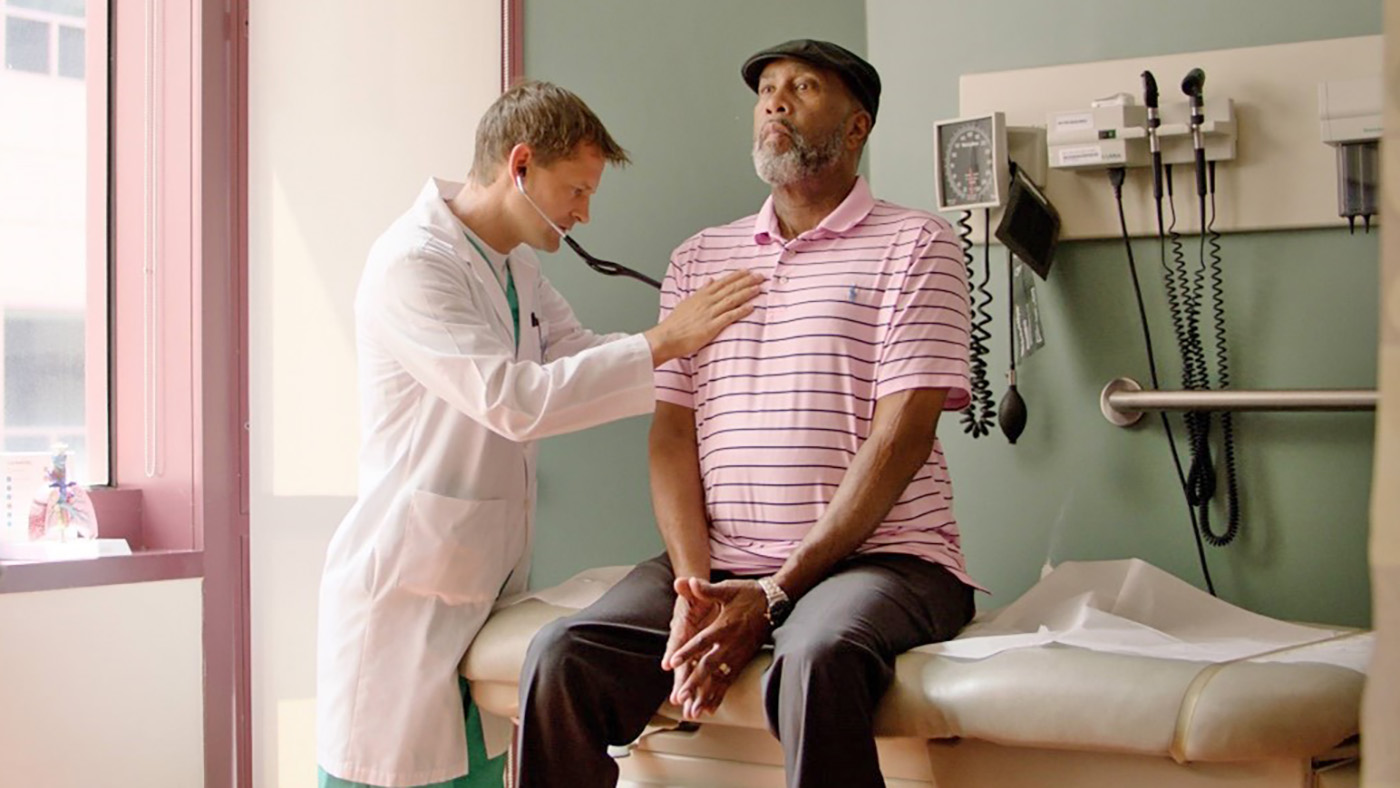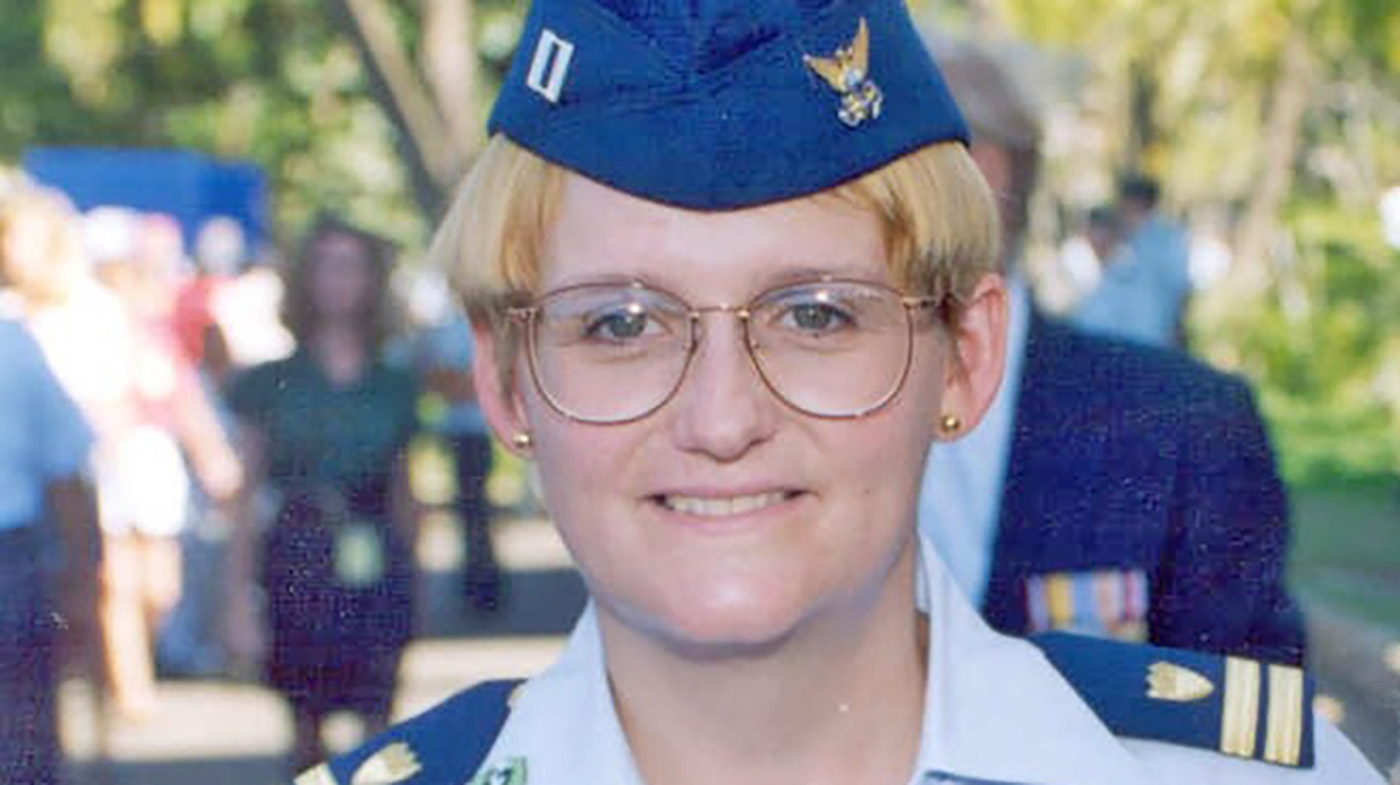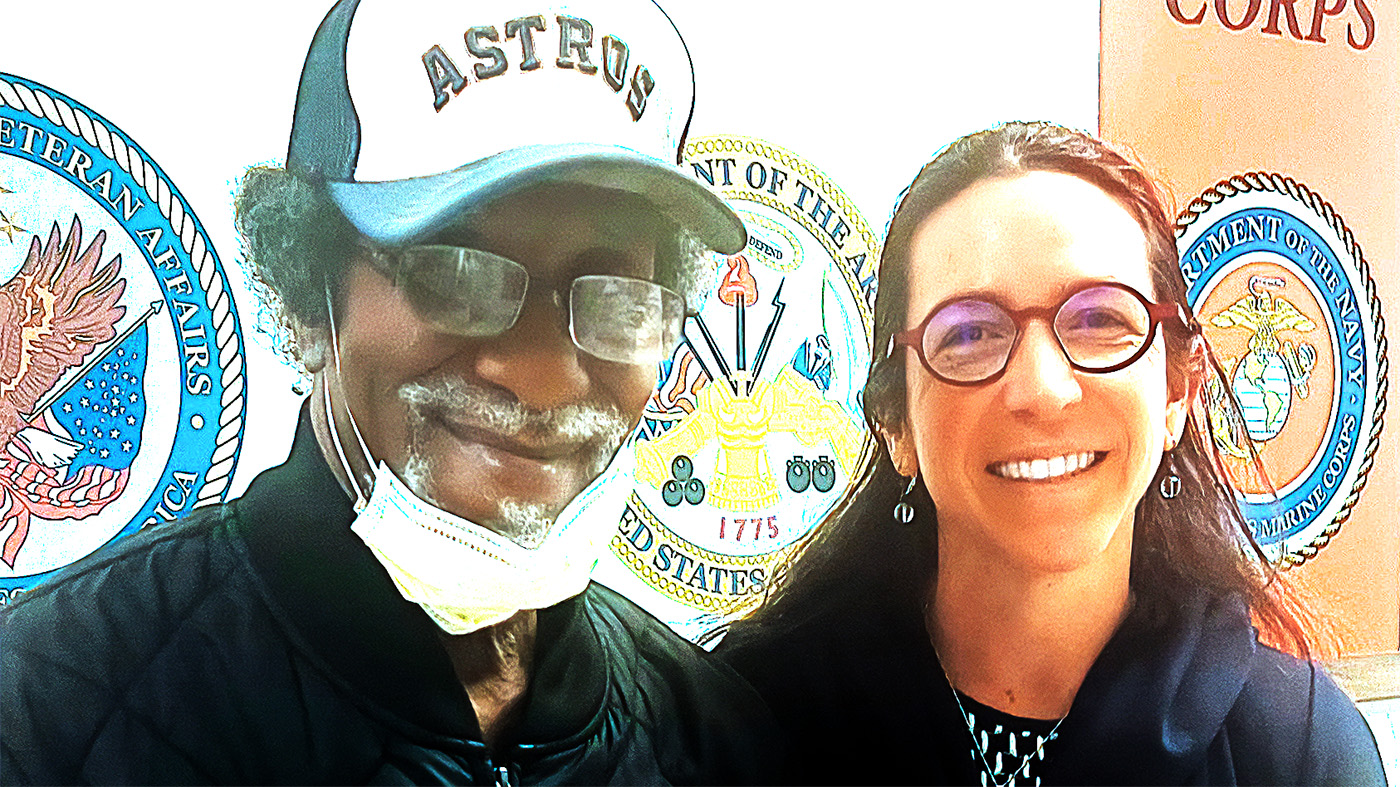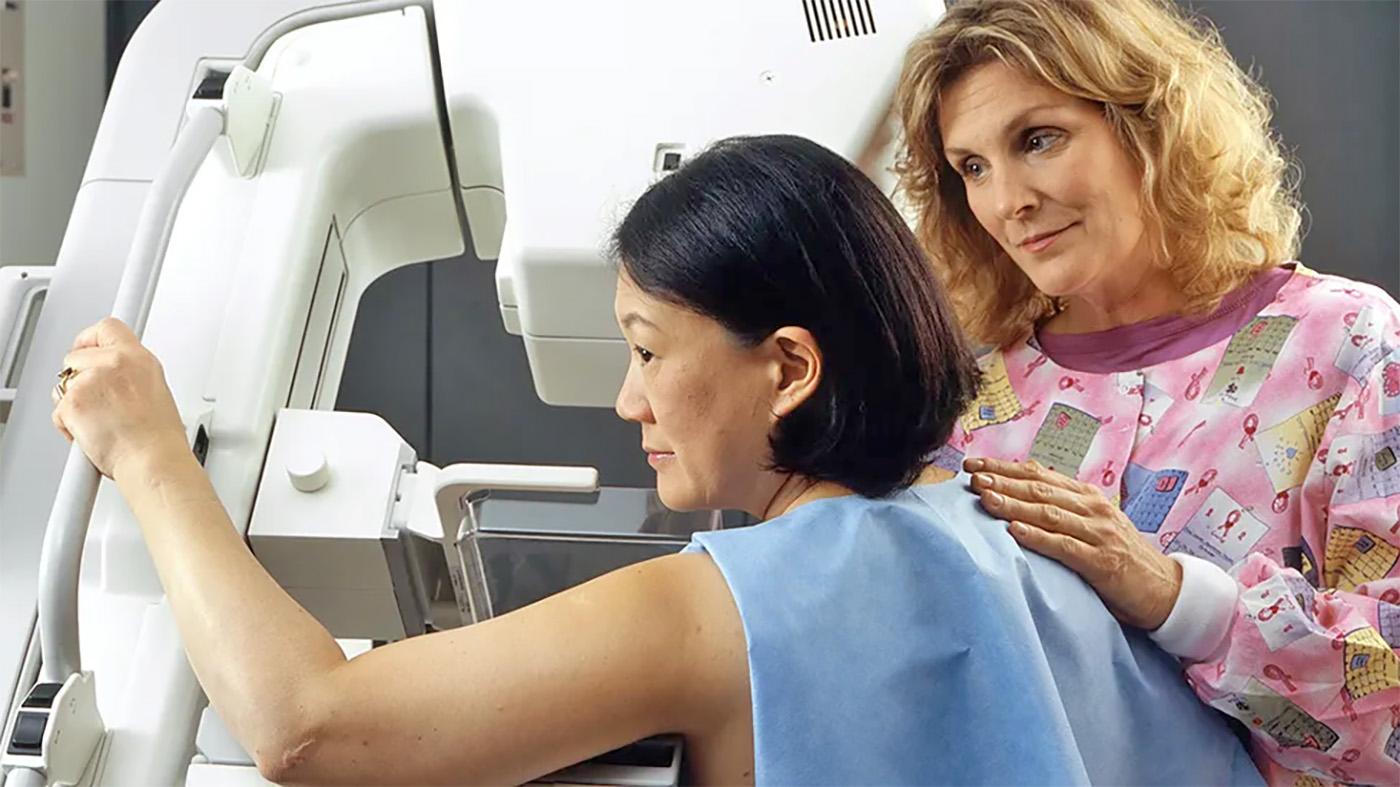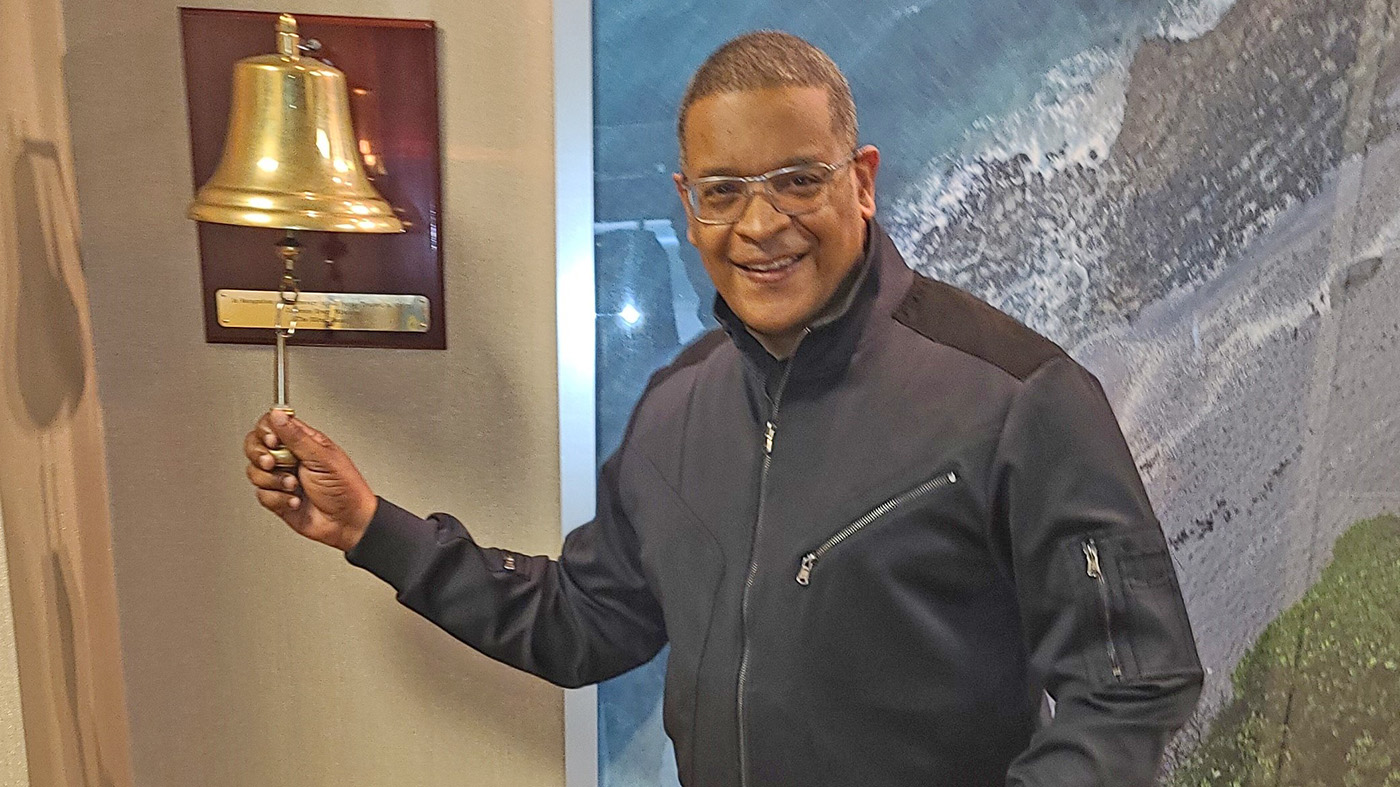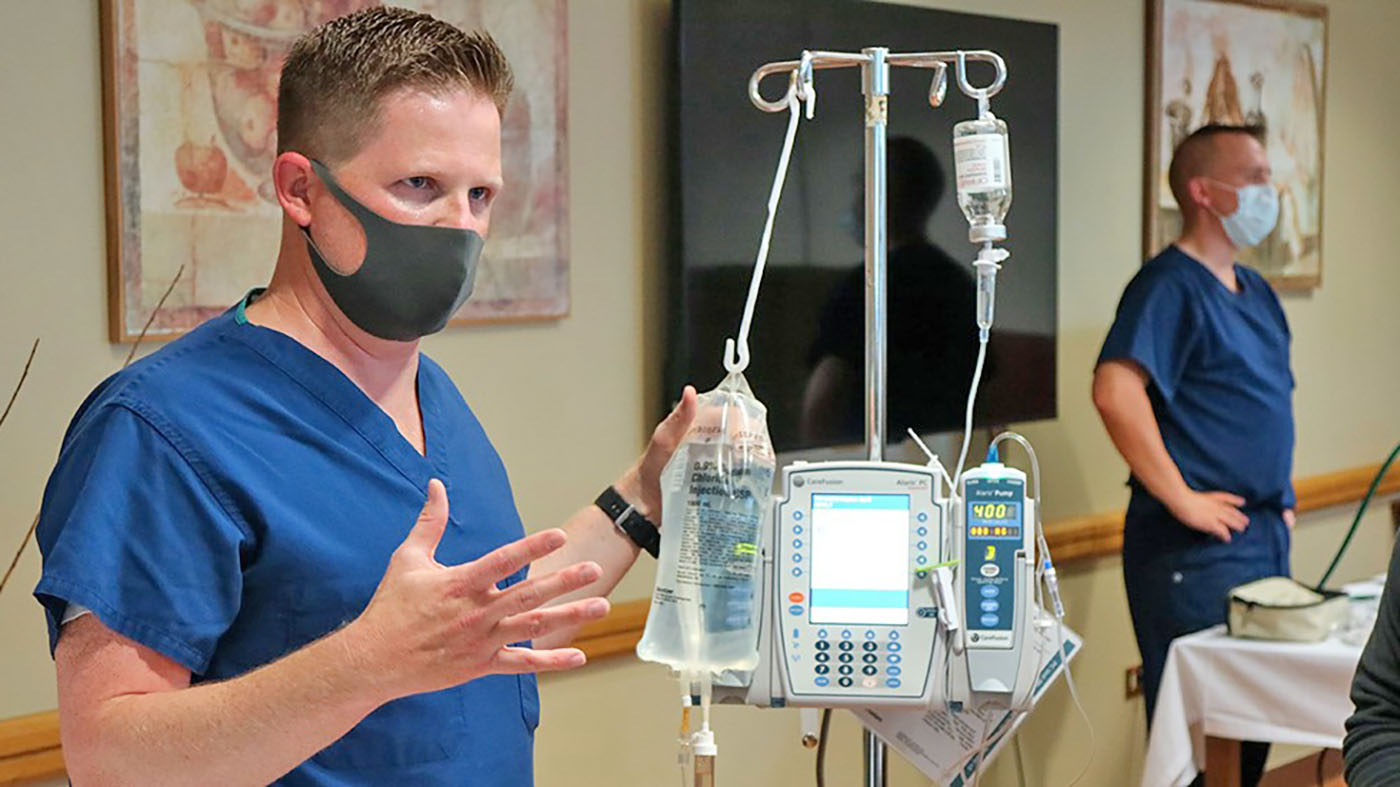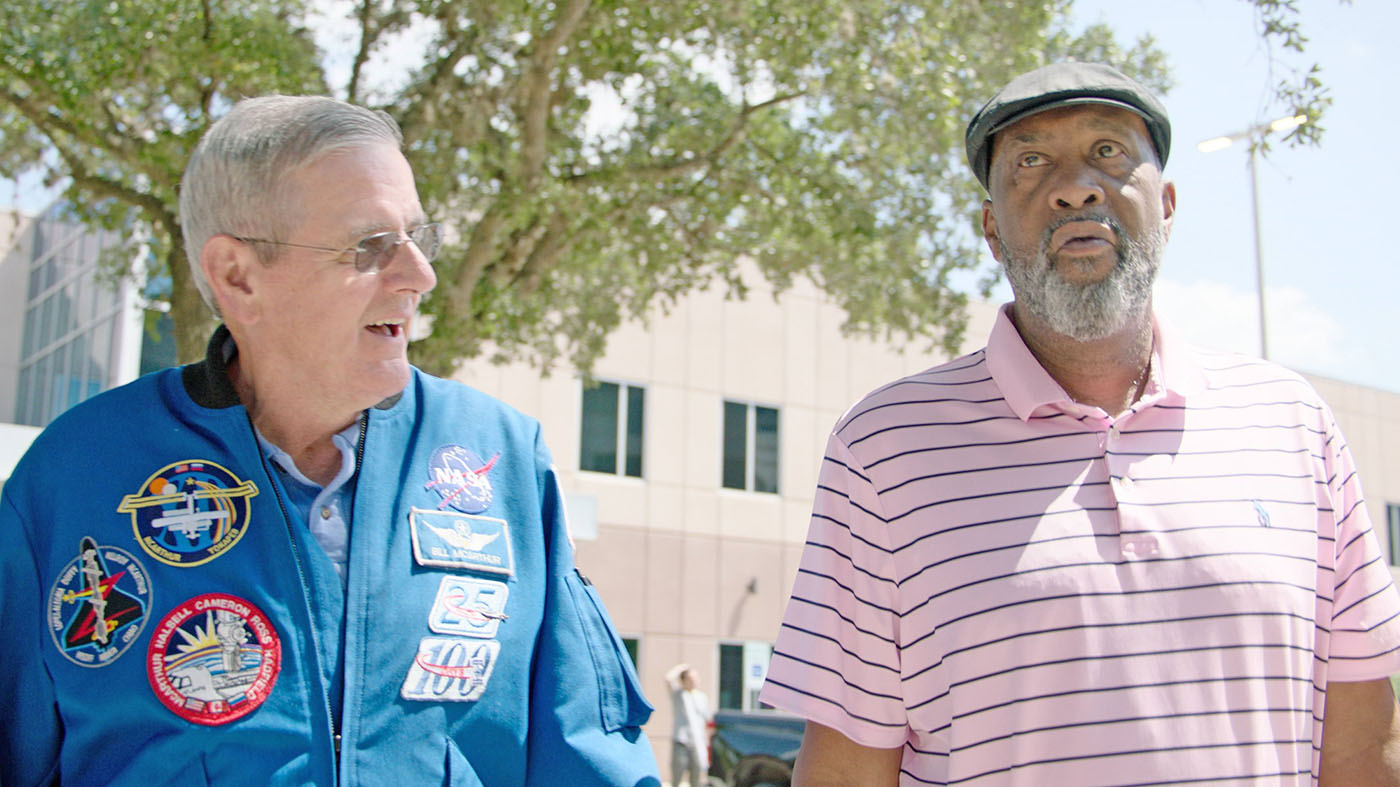Her breast cancer was detected early, sparing her chemotherapy and radiation, but it was not without its challenges.
Veterans are encouraged to have conversations with their health care providers about the importance of cancer screening.
The service reduces the burden of lengthy travel for Veterans and their caregivers, improving access to care and affording Veterans more time to focus on healing.
Air Force Veteran Douglas Cross was diagnosed with lung cancer and received his care at the Houston VA.
VA’s Breast and Gynecologic Oncology System of Excellence reduces barriers to care and provides support to Veterans with cervical cancer diagnoses.
Veteran Cassie Garrett shares her story to inspire her fellow Veterans about the importance of cancer screening and the support VA has to offer.
Veterans are encouraged to have conversations with their health care providers about the importance of cancer screening.
Targeted treatment delivers a gene that encodes a protein to a patient’s bladder so it can fight cancer.
VA's Breast and Gynecologic Oncology System of Excellence was established to enhance the quality of care provided to Veterans diagnosed with reproductive cancers.
Colonoscopy is key for early detection of colon cancer. Men should get screened every 10 years once they reach 45 years of age.
VA blood cancer care places emphasis on multidisciplinary collaboration, ensuring care that considers all aspects of a Veterans’ cancer journey.
Lung cancer affects almost 8,000 Veterans every year. VA and NASA come together to encourage Veterans to get screened.

